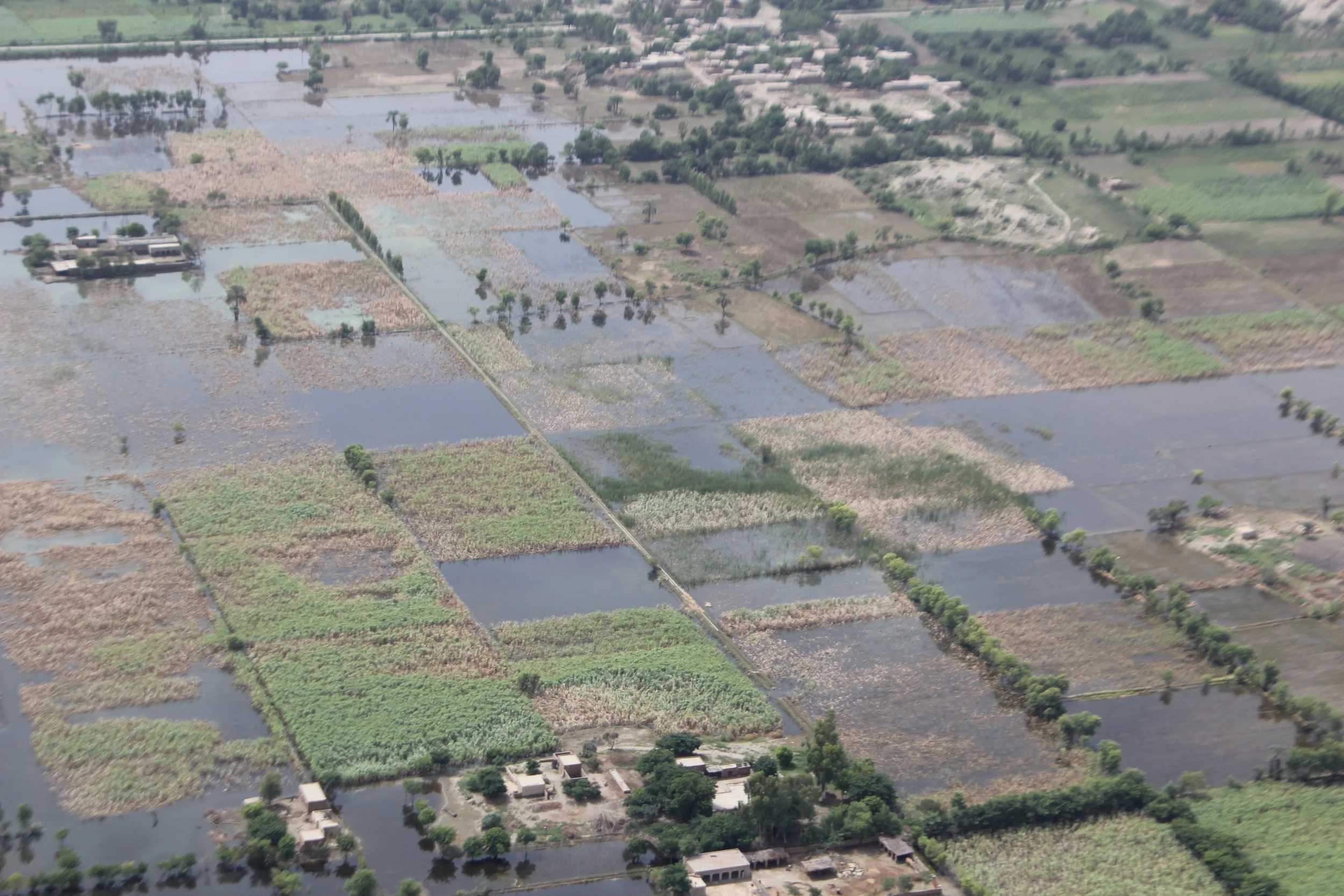When you look at the data, three cities in particular – Sharm el-Sheikh, Dubai, and Baku – were among the places that didn’t have rainbow flags waving this June. And what do all of these cities have in common? They have been or will be the sites of the annual Conference of the Parties (COP), the international meeting of the United Nations Framework Convention on Climate Change (UNFCCC).
Read MoreDespite contributing less than 1% to global emissions, Pakistan is the eighth most vulnerable nation to long-term climate risk. While climate change is essentially affecting every part of the country, the impacts are felt disproportionately by certain groups, including children, women, the elderly, and people with disabilities.
Read MoreI would like to discuss a topic that should be important to Asians and members of the diaspora: how we can pursue sustainable development in developing countries, and in so doing, help our friends and loved ones live in a more prosperous and just world.
Read MoreThe deployment of renewable energy technology is expected to increase global demand for critical minerals, such as cobalt. Currently, the majority of the world’s cobalt is mined in the Democratic Republic of the Congo (DRC), a region associated with human rights violations and environmental concerns. It is imperative to take steps towards making cobalt mining in the DRC more sustainable.
Read MoreWomen are more likely to lead and organize their communities to protect the environment and fight for climate action. However, most women environmental defenders do not receive global notoriety; in fact, they often face violent reprisals for their actions. While the international community has started to recognize this issue, more can be done to protect women environmental advocates.
Read More




